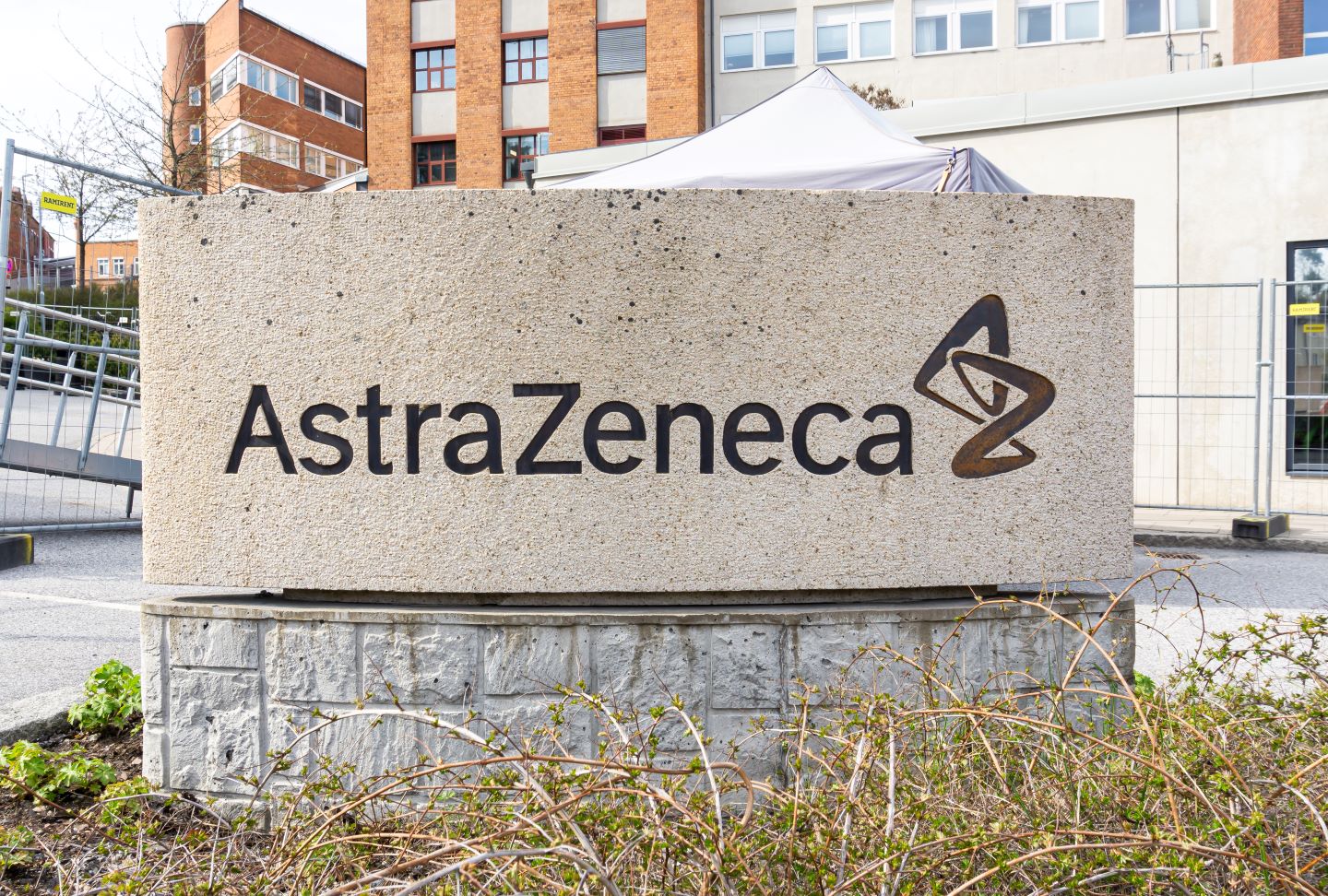On 14 November, AZ reported that the PACIFIC-2 Phase III trial results evaluating the regimen of Imfinzi (durvalumab) with concurrent platinum-based chemoradiation therapy (CRT) and as consolidation treatment in unresectable, stage III non-small cell lung cancer (NSCLC) did not meet its primary endpoint of progression-free survival. Imfinzi is indicated as a maintenance therapy and sequentially administered in this patient population after platinum-based CRT. AZ hoped to expand Imfinzi’s use with the PACIFIC-2 trial in patients who progress or discontinue treatment during CRT and are therefore ineligible to receive consolidation therapy with Imfinzi. However, clinical trial design issues, such as patient eligibility criteria and timing of therapies, may have contributed to Imfinzi’s disappointing results.
Imfinzi is an immune checkpoint inhibitor (ICI) targeting the programmed cell death 1 ligand 1 (PD-L1). Prevention of PD-L1 binding to its receptors, programmed death receptor (PD-1) and CD80, results in an enhanced T-cell response against cancer cells. Imfinzi was the first PD-L1-targeting ICI agent to demonstrate strong efficacy with a durable and sustained overall survival benefit in this group of patients in the PACIFIC Phase III trial, leading to its FDA approval.
Compared to the PACIFIC trial, which chose to administer Imfinzi in patients who responded to CRT and excluded those who progressed, the PACIFIC-2 trial enrolled a more difficult-to-treat population. In the PACIFIC-2 trial, factors including the biology and clinical trial design may have yielded negative results. The results highlight that draining lymph node irradiation is likely not the only reason CRT and ICI have failed. The regimen itself may be counterproductive, suggesting potential timing and duration issues. In addition to potential adaptive immunity issues, the toxicity data is of interest, with AZ’s press release discussing an increased infection rate during the concurrent treatment period in the experimental arm. Additionally, a comparator arm solely with consolidation Imfinzi may help to assess a potential response in this patient setting. There is an ongoing Phase III PACIFIC-8 trial of Imfinzi and Gilead/Arcus Biosciences’ domvanalimab, an anti-T cell immunoreceptor with immunoglobulin and ITIM domain (TIGIT) monoclonal antibody, but this is in patients who have not progressed following concurrent CRT.
Imfinzi’s total 2029 sales are predicted at $6.8bn, according to GlobalData’s analyst consensus forecast, and will not face a significant impact from this trial as it currently holds a dominant role in the standard of care for unresectable, stage III NSCLC patients. However, the increased R&D activity focused on moving other ICIs, including Merck & Co (MSD)’s Keytruda (pembrolizumab) and Bristol Myers Squibb’s Opdivo (nivolumab), into earlier lines of therapy will eventually threaten Imfinzi’s patient share. Imfinzi can enjoy its current position with multiple ongoing studies in solid tumours, including continued efforts to expand its label within NSCLC in both resectable and unresectable settings.

US Tariffs are shifting - will you react or anticipate?
Don’t let policy changes catch you off guard. Stay proactive with real-time data and expert analysis.
By GlobalData





